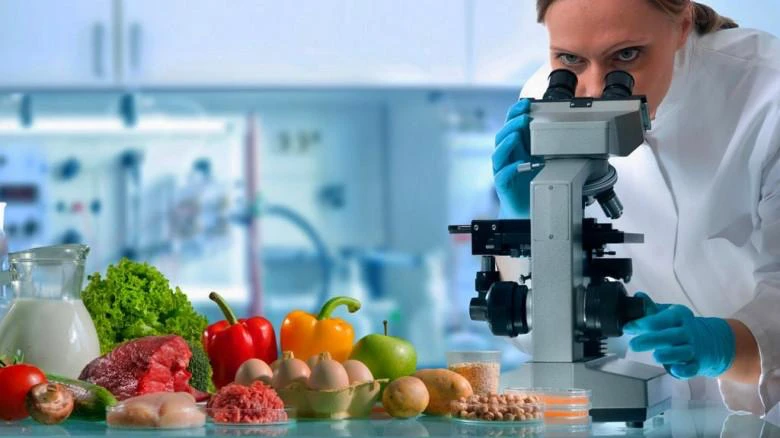The "Fact" daily writes: Tarka, when the world is facing many global challenges, healthcare crises to climate change, food security is no longer considered as a matter of consumer rights. It has become an integral measure of national security. Food security is linked to the country's stability, public health, economic development and even political sovereignty. In other words, food security is not only a state of state. It is a matter of health and well-being of every citizen. This issue has special importance, taking into account the geopolitical situation around our country, the economic structure of Armenia and demographic trends. True, over time, some steps are made in this direction, but it is not enough. Only the issue of food safety on individual details is not enclosed, the problem is deeper than it seems at first glance. First of all, there are many violations of sanitary and hygienic conditions, which are truly worrying. Many studies and inspections show that the necessary temperature in different stages of food chain is often required. From the disturbances to bacterial infections, acute poisoning and disease. Especially during seasonal activity, summer and holidays, the risks are doubled when the flow of people in the markets and public foods often increases, and control and weakening. Experts urge both government agencies to pay more attention to sanitary and hygienic standards, and consumers are claiming only to ensure that they provide clean and secure foods.
The next important issue in which it is necessary to focus on, refers to the control and inspections of the insufficient level. It is true that the Food Safety Inspection is regularly conducting inspections and records violations, but the current funds still do not meet the tangible improvement of the situation. The control by the state bodies is largely unequal. There are areas or territorial units where inspections are either very rare, or they are formal. Sometimes even overdue products are sold when consumers are not so careful. Expired goods in Armenia often appear as a result of the use of various "flexible methods" in the market. For example, some unscrupulous vendors just have a new label on the product, indicating a later date. Many shops and markets are sold to the expired or expiring goods with large discounts, often without the real state of notifying the consumer. In some cases, overdue products opens, packed in small boxes or packages without proper marking. But the situation is more dangerous when banned and cheap food in other countries can appear in our market. For example, the large batch of cheap Turkish tomatoes and other low-quality products not only hits Armenian farmers, but also poses a serious threat to the health of the population.
The other key issue is related to the shortage of food quality and security information. Consumers often do not know about food production, storage or transportation, which makes it more difficult to choose secure products. The marks are often so small in size that many are even difficult to read.
On the other hand, consumers are deceived by colorful packaging. Therefore, in these conditions, raising public awareness is a priority, with a large, the unresolved use of food additives and chemicals is also problematic.
Some manufacturers use a forbidden or uncontrolled amount of additives, preservatives and chemicals that are harmful to health and can create conditions for cancer and other diseases. Let us consider that the statistics of cancer spread in Armenia are quite worrying, which is somewhat conditioned by the use of casual materials in food.
It is also necessary to limit the use of genetically modified organisms throughout Armenia.
People often try to use the cheaper food, not having an idea that they contain genetically modified organisms. On the other hand, the lack of control over the supply chain is problematic.
When the product raises a problem in the market, it is often difficult to find out its source, because the whole supply chain is not properly recorded and controlled. And this is in the conditions that the food produced in Armenia is mostly much better and controlled than imported.
Arthur Karapetyan


























